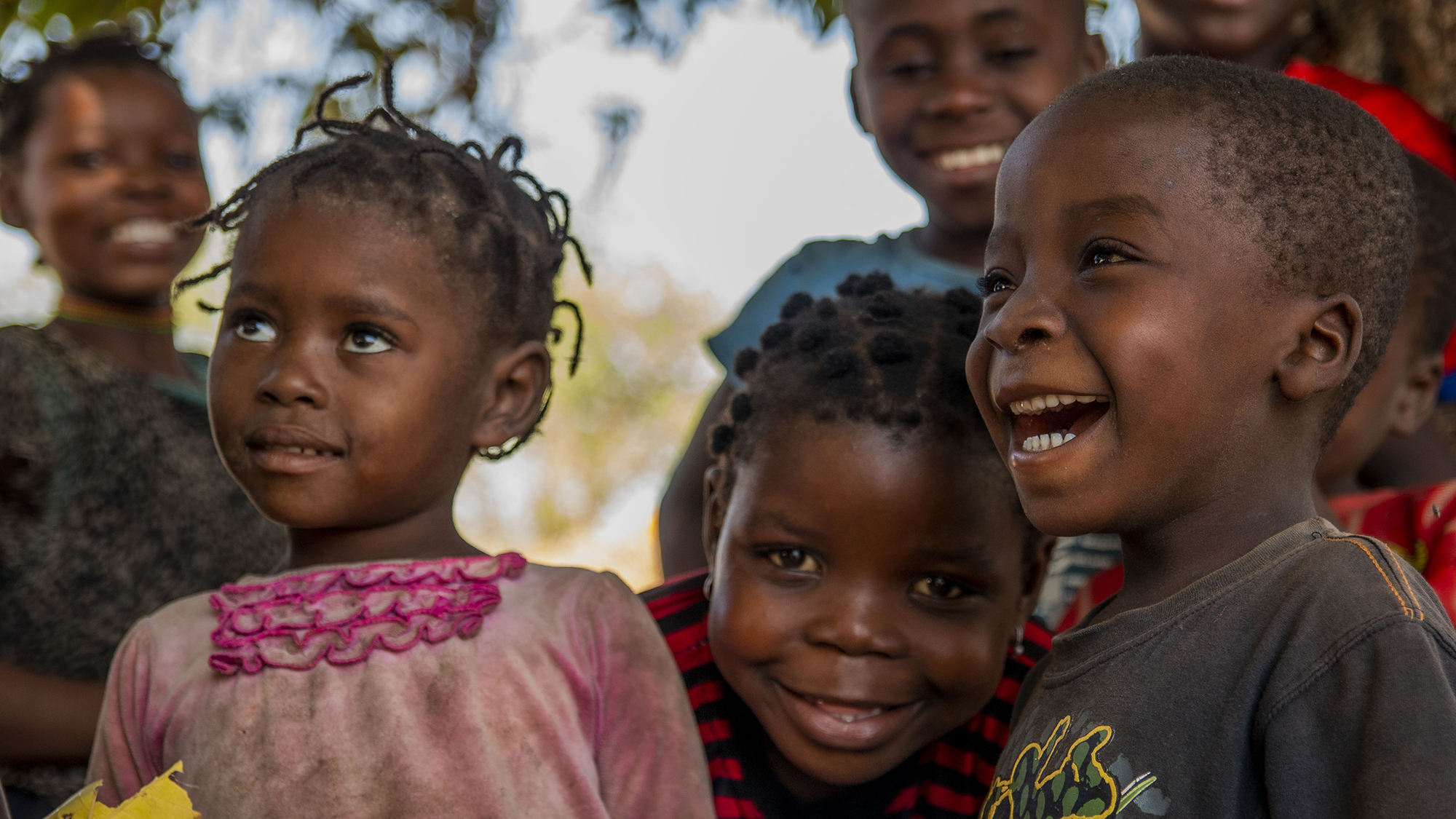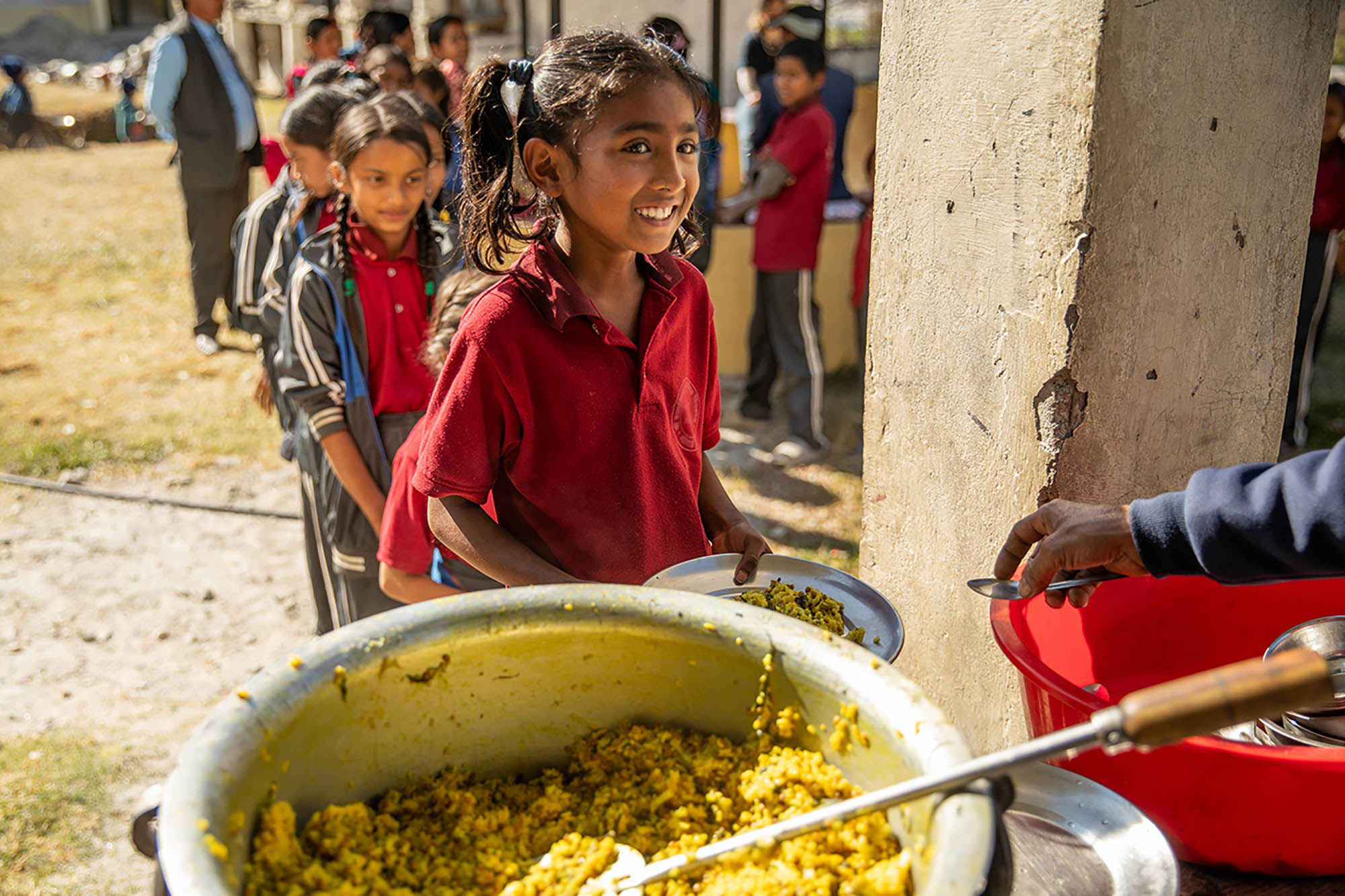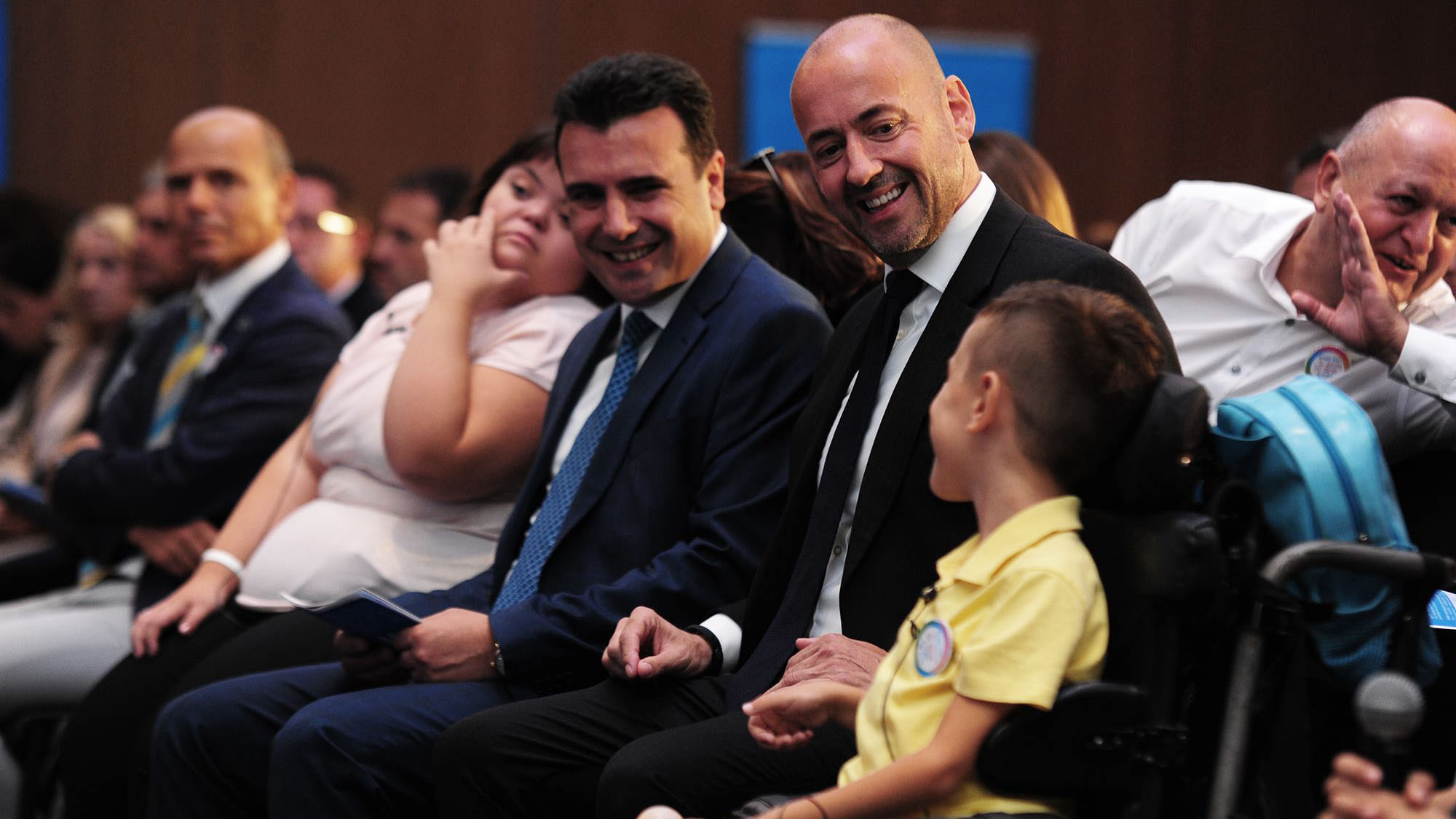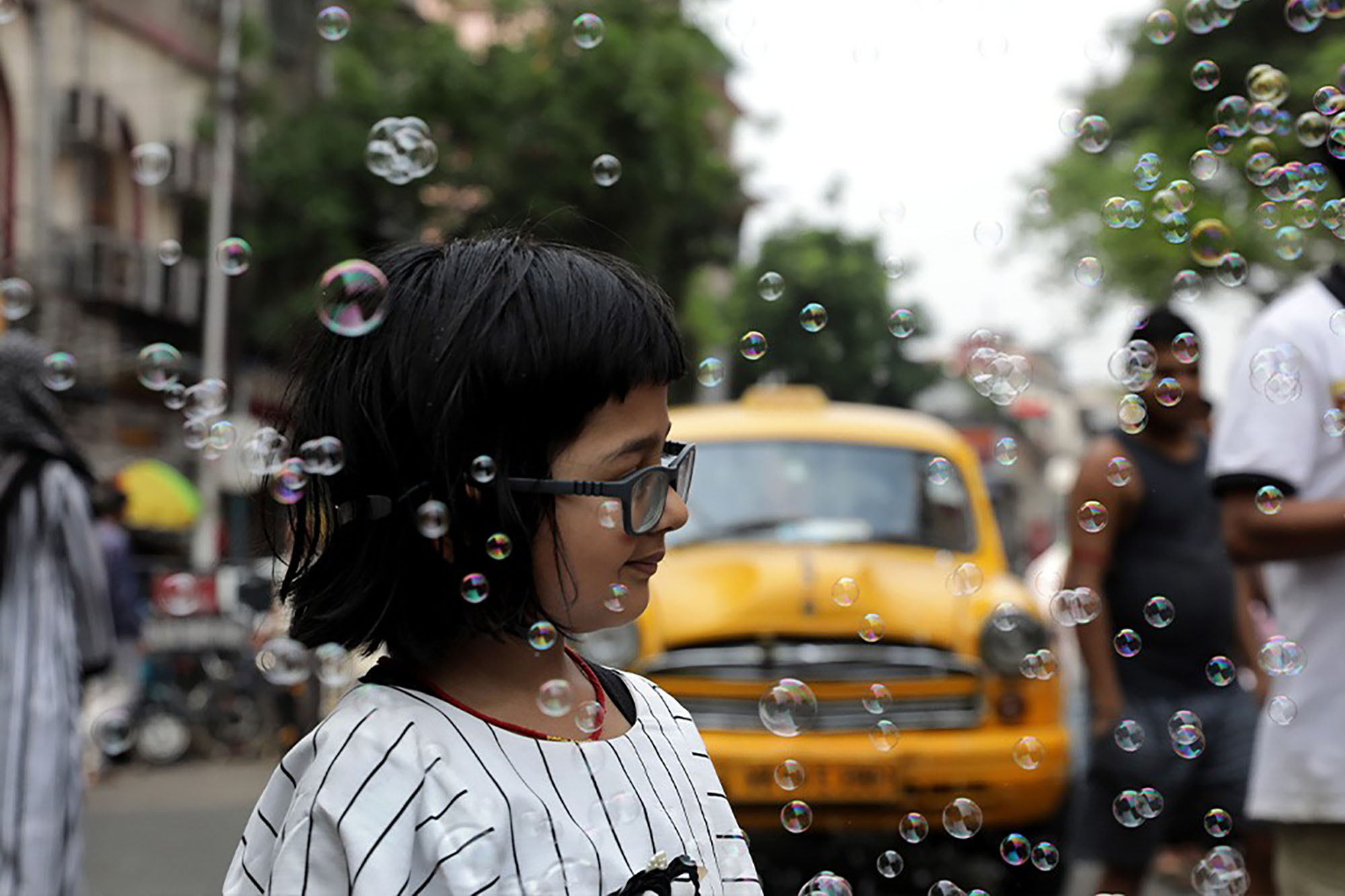Find out more in
Children
Global Issues:
What does parenting really look like?
June is Parenting Month, and Raising Parents invites you into the lives of four families as they navigate the everyday joys and challenges of parenthood. With support from The LEGO Foundation, this short film is a powerful reminder that just as there is no one way to raise a child, there is also no one way to be a parent.
Join us on June 1 2025, for the premeire and let's watch it together.
The weeks since the breakdown of the ceasefire in Gaza have seen yet more pain and tragedy piled on top of what was already almost unfathomable loss. The ongoing bombardments, and the complete block on aid and supplies entering the Gaza Strip, have strained the humanitarian response to the limit. Since the start of this war in Gaza, thousands of children have been killed and many thousands more have been injured. But even for those who survive the injuries, life will never be the same. These are some of their stories.
UNRWA's psychosocial support is helping children in Gaza, like Amir, rediscover hope, laughter, and friendship amid the devastation of war.
UN experts warn that the unprecedented destruction in Gaza has left nearly all of the region's one million children suffering from severe psychological trauma and acute food shortages.
A teacher from El Salvador, a young student from the Dominican Republic, and a family farmer from Guatemala are united in their commitment to the transformative power of healthy school food. Esmeralda Ruiz, a teacher in Concepción de Ataco, El Salvador, turned an academic assignment into a mission to promote healthy eating among her school community. In 2020, she took a course on developing healthy and sustainable school environments, supported by organizations such as the Food and Agriculture Organization (FAO) and the Brazilian Cooperation Agency. With this knowledge, Esmeralda raised awareness about the importance of healthy eating at the San Francisco Catholic Educational Complex, organizing events and fairs for students and parents. Through these initiatives, nearly 600 students and their families are transforming their eating habits while fostering stronger community ties, ensuring that healthy eating is seen as both a right and a daily practice.
Every day, over 100 million children in low- and lower-middle-income countries are going hungry. Millions go to school on an empty stomach – hunger affects their concentration and ability to learn. School meal programmes play a critical role to address these challenges. The World Food Programme (WFP) has more than six decades of experience supporting governments to ensure that all school-age children have access to school meals and are healthy and ready to learn. On this School Meals Day 2025 (13 March), discover WFP’s programme to make sure no kid is held back by hunger.
The ongoing war in Lebanon is upending children’s lives, and in many cases, inflicting severe physical wounds and deep emotional scars.
“There are also great stories and children who I see, who you know, are so resilient, children who have hope for the future.”
Catherine Russell never forgets the children she meets. As Executive Director of UNICEF, she bears witness to the stories of tens of millions of children and young people suffering around the world, and shares causes for optimism and hope wherever she finds it.
“Children just want to be children. No matter what, the bleakest situation, the most terrible things, they still want to play right? They want to find some joy. They want to just be kids, and I think that's what we have to all work to protect.”
2024 was one of the worst years on record for children in conflict, a devastating statistic that the UN is refusing to accept as a deadly new normal. In this episode, Catherine reflects on the impacts of childhood trauma, the limits of human resilience, and looks back on a childhood spent trick-or-treating for UNICEF.
Photo: ©UNICEF/UN0733293/Truong Viet Hung
* Episode recorded end of 2024
The world is facing an escalating crisis for children, with over 473 million living in conflict zones in 2023—nearly doubling since the 1990s. There is an urgent need for resilient systems that support children's rights and well-being, driving sustained action to address these challenges and create a safer, more equitable future for all children. The protection, health, and welfare of children has been a focus of the United Nations since the time of the creation of the Organization in 1945. As we enter 2025, join us in supporting efforts to help children around the world.
UNICEF works in the world’s toughest places to reach the most disadvantaged children and adolescents – and to protect the rights of every child, everywhere. Before, during and after humanitarian emergencies, UNICEF is on the ground, bringing lifesaving help and hope to children and families. Non-political and impartial, we are never neutral when it comes to defending children’s rights and safeguarding their lives and futures. And we never give up.
We all want what's best for our children, but being a parent isn't always easy. Science-backed information you can trust to help give your child the best start in life!
Having overcome a childhood marked by violence, abuse and neglect, Benjamin Perks has always drawn strength from an innate sense of optimism. Now Head of Campaigns and Advocacy at UNICEF, the United Nations Children's Fund, he helps protect young people in similar situations all over the world.
“I think it was very clear that we were in a bad spot, though, being dealt a bad hand, but I was somehow optimistic that things would be better.”
Having recently authored a book about his experiences, Trauma Proof, Benjamin Perks reflects in this episode of Awake at Night on a lifetime campaigning for all children to be safe, seen, and soothed, and on how an encounter with a special teacher put his life back on track.
UNICEF's new report reveals that 77% of children under five globally have their births registered, marking progress in legal identity but highlighting that 150 million children remain unregistered. Challenges persist, especially in sub-Saharan Africa, where many face barriers to registration. UNICEF calls for improved systems, digitalization, and legal reforms to ensure every child is recognized and protected. Article 7 of the UN Convention on the Rights of the Child states affirms every child's right to have their identity established ‘immediately’ after birth through birth registration.
A typical day for Priya, 17, and Rani, 18, in Kolkata, India, begins early with the sounds of bustling streets. They clear their sleeping spots, which are protected by plastic sheets. Both girls study in Class 11 at different schools and spend their afternoons with friends, watching over their younger siblings while playing in the street. Despite the challenges faced by street-connected children, Priya and Rani attend private schools, funded by their families and a supporting NGO. They share their education with peers who lack access to schooling. The Child in Need Institute (CINI) has empowered them to be leaders, naming them "Street Champions." They advocate for children's rights in their community and beyond.









